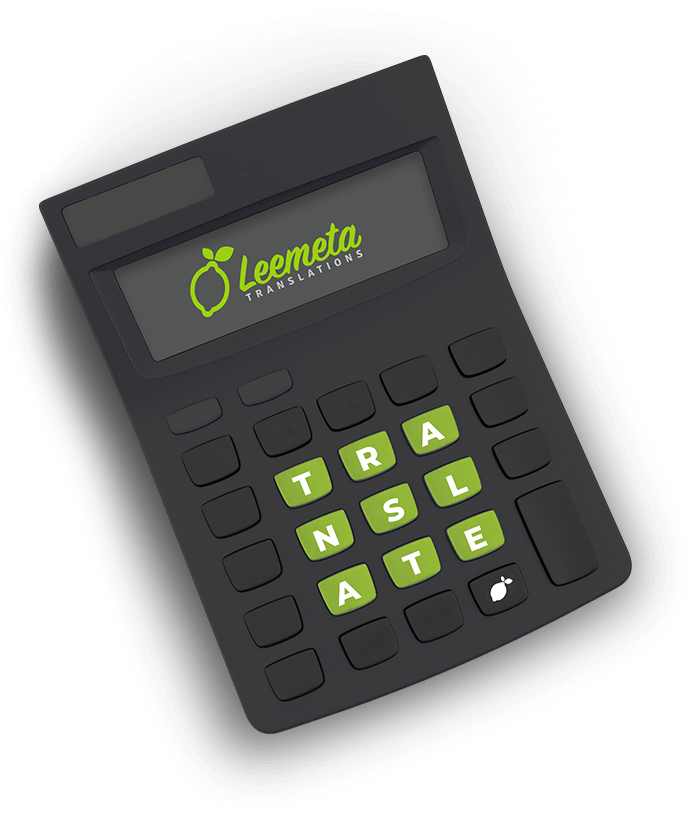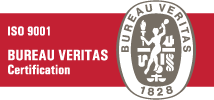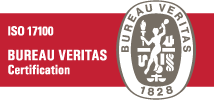English is a complex language with a rich and varied vocabulary. However, sometimes it can be difficult to know which words go together naturally. This is where collocations come in. Collocations are combinations of words that frequently appear together in English. By learning the most common English collocations, you can improve your English language skills and sound more natural when speaking or writing.
Let's dive into some of the most common English collocations that you should know!
| Collocation | Meaning |
|---|---|
Make a decision |
This collocation is often used when someone needs to choose between two or more options. For example, "I need to make a decision about which university to attend." |
Take a break |
When you need to rest or take some time off, you can use this collocation. For example, "I'm feeling tired, I need to take a break." |
Have a chat |
This is a common way of saying you want to talk to someone in a casual or informal way. For example, "Let's have a chat over coffee." |
Catch a bus/train |
When you need to use public transportation, this is the collocation to use. For example, "I need to catch the train to get to work." |
Get a job |
When you want to find work, this collocation is used. For example, "I've been trying to get a job for months now." |
Have a shower/bath |
When you want to clean yourself, these collocations are used. For example, "I need to have a shower before we go out." |
Break the ice |
This is a common expression for starting a conversation with someone new or in a tense situation. For example, "I tried to break the ice with my new coworkers by telling a joke." |
Do the dishes |
When you need to clean up after a meal, this collocation is used. For example, "I'll do the dishes if you want to relax." |
Give a hand |
When someone needs help, you can use this collocation to offer assistance. For example, "Can I give you a hand with that heavy box?" |
Keep in touch |
When you want to maintain communication with someone, this is the collocation to use. For example, "Let's keep in touch and catch up soon." |
Miss the bus/train |
When you are late for public transportation, this is the collocation to use. For example, "I missed the bus this morning and had to walk to work." |
Pay attention |
When you want someone to focus on something, you can use this collocation. For example, "Please pay attention during the lecture." |
Take it easy |
This is a way of telling someone to relax or not to worry. For example, "Take it easy, there's no need to stress about the exam." |
Have a good time |
This collocation is used to wish someone an enjoyable experience. For example, "Have a good time at the party tonight!" |
Make a mistake |
When someone does something wrong, this collocation is used. For example, "I made a mistake on my math test." |
Learning and using these common English collocations will help you sound more natural when speaking or writing. They are easy to remember and can be used in many different situations.
Start practicing today and see how your English language skills improve!












